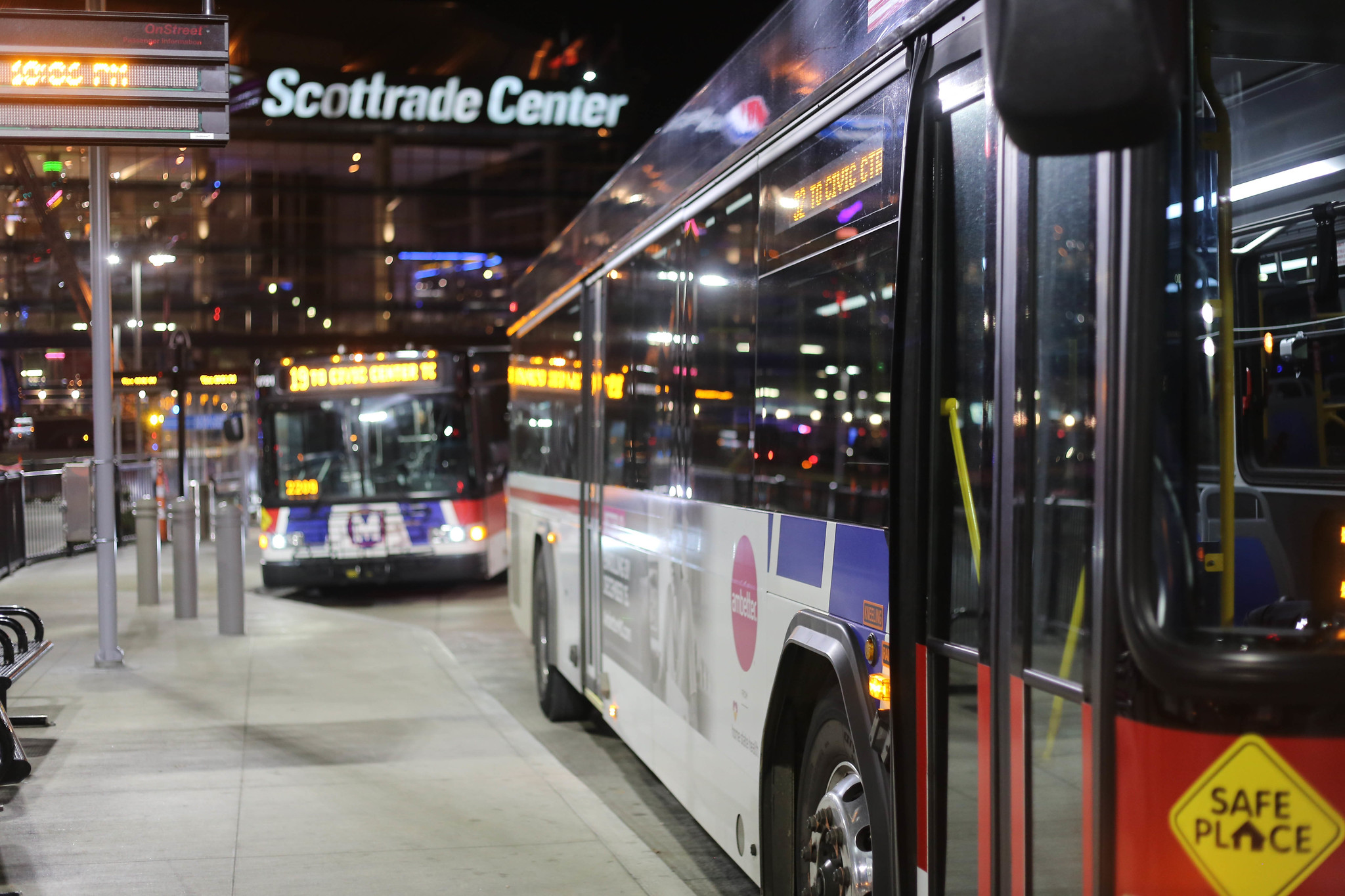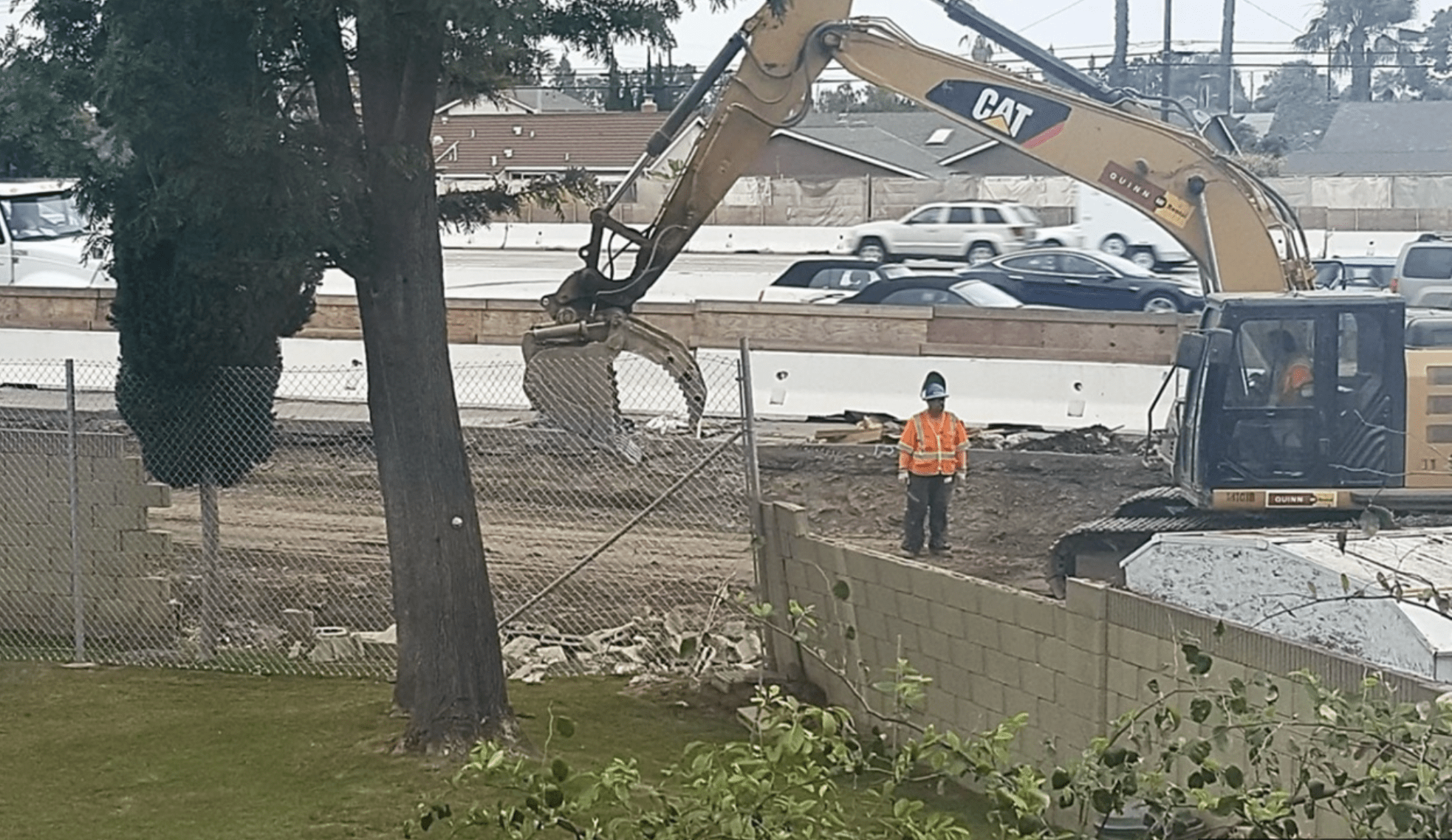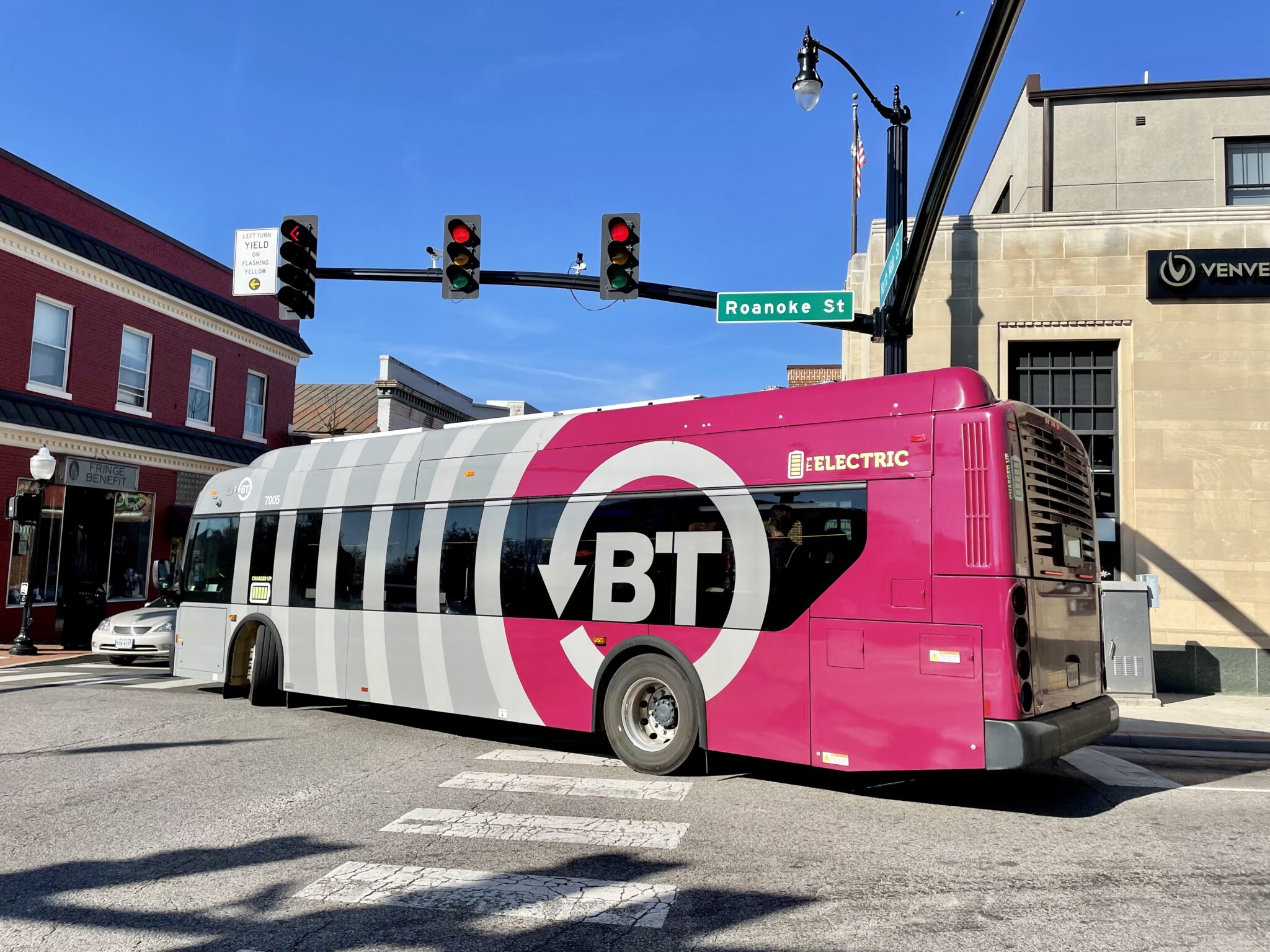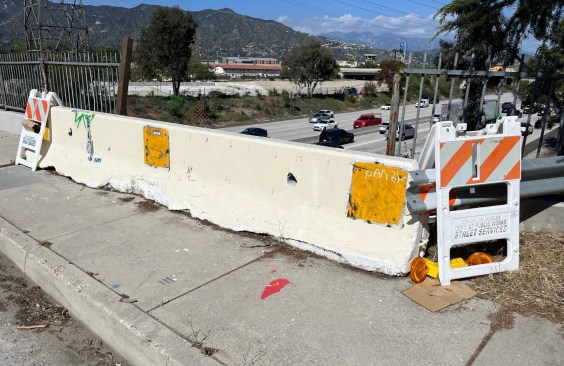The next time you find yourself waiting for a bus that's consistently late, consider that it's not just because of heavy traffic, it could be part of a driver shortage that's roiling commutes nationwide.
Last week, St. Louis residents unexpectedly encountered long wait times and reduced transit service during the morning and evening rush hours as well as the elimination of a bus route to Busch Stadium because there weren't enough operators to run trains and buses.
MetroLink, which runs St. Louis's 83 bus routes and 46 miles of light rail, blamed an "unusually high number of operators calling off work" that Monday. Transit union leaders said Metro simply hasn't hired enough workers to run its system.
“Our job is a hard job ... and just the level of expectations that they put on the drivers, and the lack of support that they give the drivers, make it a very frustrating situation for our operators," Catina Wilson, vice president of Amalgamated Transit Union Local 788, told St. Louis Public Radio.
"We’re working 10-hour days — we’re driving 10 hours — held on duty, some of us, for 15 hours a day," she continued. "This is what it’s taking to keep transit running, and our members are doing it every day. And what happened on Monday ... this was just people saying, ‘OK, we’ve talked to you about it. We’ve asked you to give us the respect we deserve. We’ve asked you to give us the necessary tools we need to do the job. We’ve asked you to keep not only us but the public safe.’”
A spokeswoman for Metro backed away from blaming workers, telling St. Louis Public Radio that the transit authority was close to ratifying a new contract with its employees and "works to avoid conflicts with the labor unions that represent our team members.
"We want to work with them to support our workforce," the spokeswoman added.
Conflicts between transit agencies and their workers' unions are nothing new. But a labor shortage combined with the fiscal limitations of transit systems trying to expand service with fewer federal and state dollars has the effect of unpredictable delays on top of consistently underperforming service.
"One of the biggest reasons for the shortage is lack of pay and quality benefits, which has led many bus drivers to take the job and then quitting after finding a better job," said Amalgamated Transit Union spokesman David Roscow. "This is also a reflection of transit agencies cutting budgets."
Thanks to the labor shortage, bus service has been struggling in Denver, San Francisco, Miami, Omaha, Nebraska, Minneapolis, Toledo, OH, and northern New Jersey, drivers and union leaders told Streetsblog.
In the Denver-Boulder-Aurora area, the Regional Transportation District has 188 open bus and rail positions — and the system's 1,661 drivers cover the deficit by working extra shifts at least six days a week.
Krista Dalton, 57, told Streetsblog Denver she's up before 5 a.m. to drive from Colorado Springs to her Denver bus yard and works until after 7:30 p.m., all for a job that pays $18 per hour. She drives to help her adult daughter.
“I’m the provider,” she said. “There’s no way, even in Colorado Springs, she could afford a one bedroom apartment, groceries, gas, insurance, car payment and day care. There’s no way.”
The low pay has discouraged prospective drivers from signing up in Miami, where starting salaries are between $16 and $18 per hour according to union reps, and in northern New Jersey, where union leaders and the transit system increased starting salaries from $16.90 to over $20 and added a $6,000 signing bonus to attract more workers.
Before Gov. Phil Murphy took office last year, the system was short 800 drivers, although the salary boost helped officials ramp up hiring. NJ Transit has added about 200 new bus operators since then, union reps say.
"There aren’t too many people who want to get into this occupation anymore," said Ray Greaves, state council chairman of the Amalgamated Transit Union in New Jersey. "Bus operators work crazy hours, split shifts, work 15-16 hour days. It’s not an attractive job to begin with hours and days off and sometimes pay isn’t so good starting out."
Greaves said driver shortages in New Jersey have resulted in severe delays on buses from Hudson, Bergen, Union, and Essex counties that terminate in Manhattan, particularly the 126 line from Hoboken.
"We have issues with a lot of our New York runs where there’s higher demand for commuters going into Manhattan from New Jersey," he said. "Usually, morning rush and evening rush during the week are usually the times where service suffers the most because of the shortages."
San Francisco has faced even more maddening delays. Worker shortages are causes some buses to arrive once every 45 minutes to an hour instead of once every 10 to 15 minutes during peak travel times, union reps say.
Its Muni transit system has struggled to attract workers who can afford to live in the Bay Area even though starting salaries increased from $22 per hour to $26 per hour in July and top salaries are around $37 per hour.
With housing out of their price range, a lot of drivers work six to seven days a week and live 90 minutes to two hours away in places like Sacramento, Modesto, Stockton, and Patterson. Some even drive part-time for ride hail companies to supplement their income.
"We have a lot of people who don’t live here, it's becoming Manhattan West," said Terrence Hall, Secretary-Treasurer of the Transport Workers Union-250A. "Even $37 is not enough to try to purchase a home. Everybody lives across the bay."
Hall wants San Francisco to consider transportation workers an essential part of the region's economy — and provide affordable housing for them to lessen their backbreaking commutes.
In San Francisco they're talking about giving $10 million to try to make housing for teachers," Hall said. "We’d like the same for our operators so people can live closer to their jobs."





